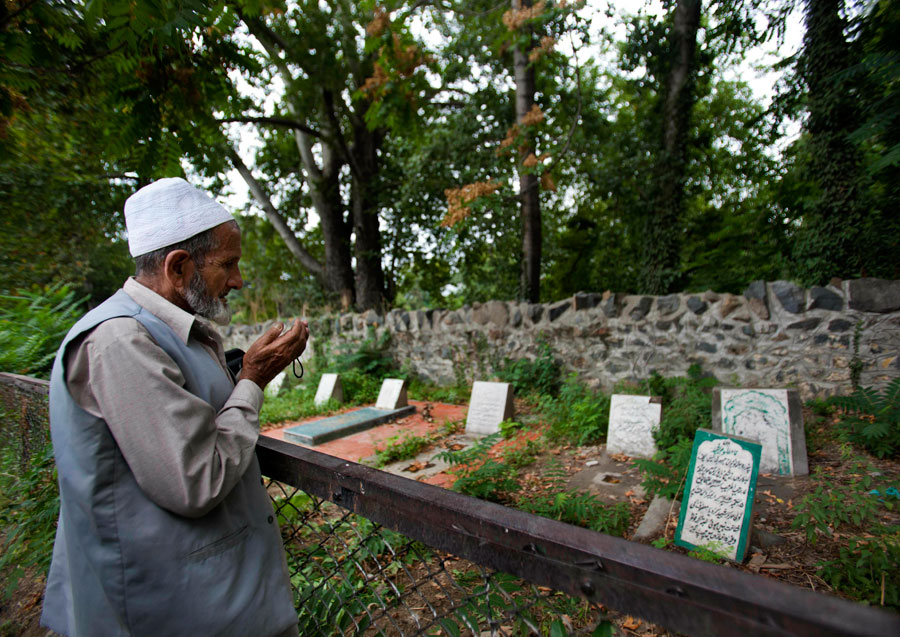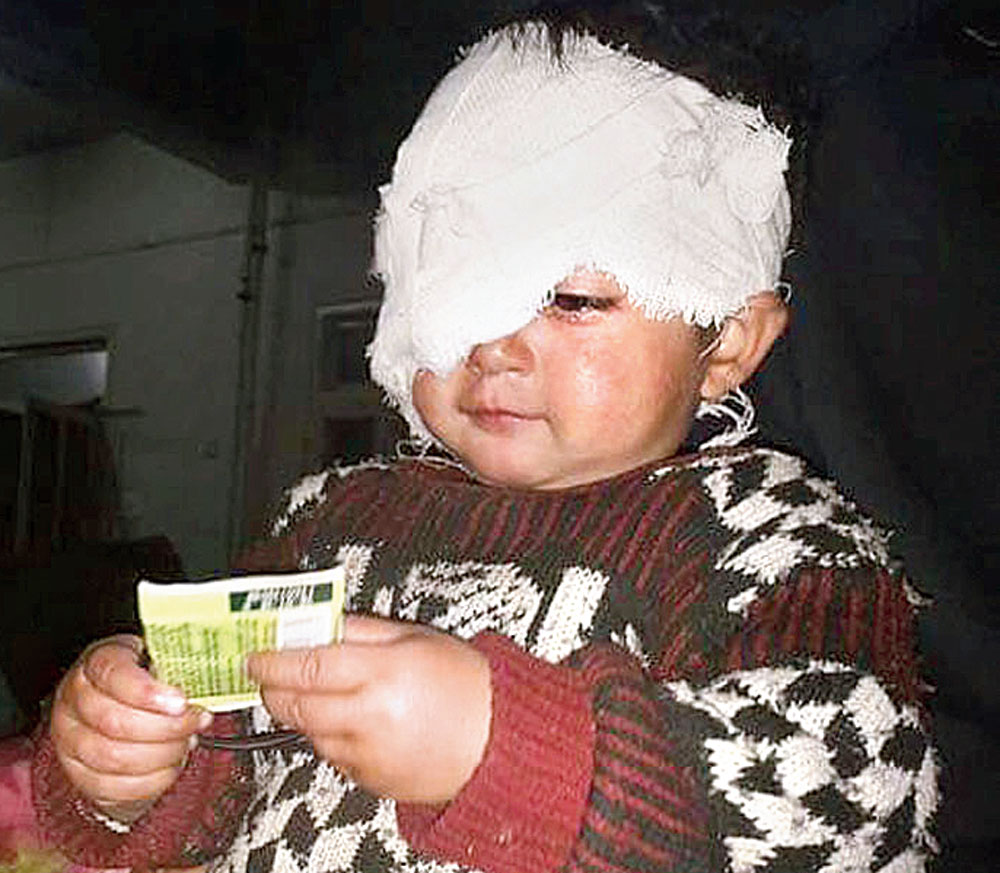A report by two prominent rights groups in Kashmir has unlocked purported secrets of 206 alleged torture chambers linked to security forces and notorious methods like water boarding and letting loose rats inside trousers after sprinkling sugar water on the legs of the suspects.
The report claims that security forces have been using torture techniques such as water boarding, sleep deprivation, sexualised torture, including rape and sodomy, on the prisoners during three decades of militancy in Kashmir.
The first-of-its-kind report, running into 560 pages and the product of research for years, is titled Torture: Indian State’s Instrument of Control in Indian Administered Jammu and Kashmir.
Contacted by The Telegraph, a police spokesperson in Srinagar said he was not authorised to talk on “many matters, including this” and will get back after talking to his senior officers. Later, he did not take the calls from this newspaper.
Drawn up by the Srinagar-based Association of Parents of Disappeared Persons and Coalition of Civil Society, the report has documented 432 case studies of men and women, at least 40 of whom died “as a result of injuries received during torture”.
The report claims thousands of people have been tortured in the state. Of the 432 cases studied, 24 are women (12 were allegedly raped by the forces) and 21 minors. As many as 301 are civilians and 119 militants.
“Torture is the most under-reported human rights violation perpetrated by the state,” the report says. “Due to legal, political and moral impunity extended to the armed forces, not a single prosecution has taken place in any case of human rights violations in the region.”
The methods of torture after the eruption of militancy in the Valley, the report says, were stripping the detainees naked, rolling a heavy log on the legs, water-boarding, electrocution, including of genitals, causing burn injuries with hot objects, sleep deprivation and sexual torture. The report says the rat torture method was used in some cases.
The report adds that of the 432 people, 222 continued to suffer some form of health complications, including cardiac problems, nephrology-related issues, complete or partial loss of hearing ability, amputations, sexual impotency, and many of them continue to be on medication.
The report has named 144 army and paramilitary camps, 52 police stations, 10 Special Operation of Police camps and nine ikhwan (counter-insurgency) camps, including an infamous Papa 2, where the alleged torture took place.
The report details the treatment allegedly meted out to a Class XI student and Srinagar resident, Umer Qayoom Bhat, who was arrested on August 20, 2010, by the police. He was released in couple of days on directives by a court.
The report says Umer was rushed to hospital, where doctors treated his wounds (inflicted in custody) and send him home.
“Next morning, when Umer vomited blood, he was again rushed to the hospital where a CT scan of his chest showed his lungs had collapsed. He was immediately put on ventilator where he stayed for two days, paralysed.
“After two days, the doctors told his father that it was too late as his lungs had ruptured and blood had spilled into his chest cavity,” the report said.
Umer died on August 25.
“It took family a full eight years (August 20, 2018) in court to get an FIR filed in the case.”
The rights groups called for an international investigation led by the UN High Commissioner for human rights. They urged the Indian government to ratify the UN Convention Against Torture.
In a prologue of the report, former UN special rapporteur on torture, Juan E. Mendez, said the report “will be enormously helpful in drawing attention in the international community to the need to express concern about India’s human rights record”.
The report on the torture came two days after United Nations Human Rights Council (UNHRC) website made a revelation.
The UNHRC disclosed that its three special rapporteurs had written to India on March 18 asking for details of steps taken to punish or provide justice to victims and their next of kin in 76 cases of torture and arbitrary killing in Jammu and Kashmir since 1990, including 18 from 2018.
The letter was written by Agnes Callamard, special rapporteur on extrajudicial, summary or arbitrary executions, Danius Puras, special rapporteur on the right of everyone to the enjoyment of the highest attainable standard of physical and mental health and Nils Melzer, special rapporteur on torture and other cruel, inhuman or degrading treatment or punishment.
The report claims New Delhi refused to provide any clarifications and did not engage further on the subject.
Before that in June 2018, UNHCR released its first report on Kashmir, calling for an independent international probe into reports of rights violations such as rape, torture and extra-judicial killings in the region. India had rejected the report.












